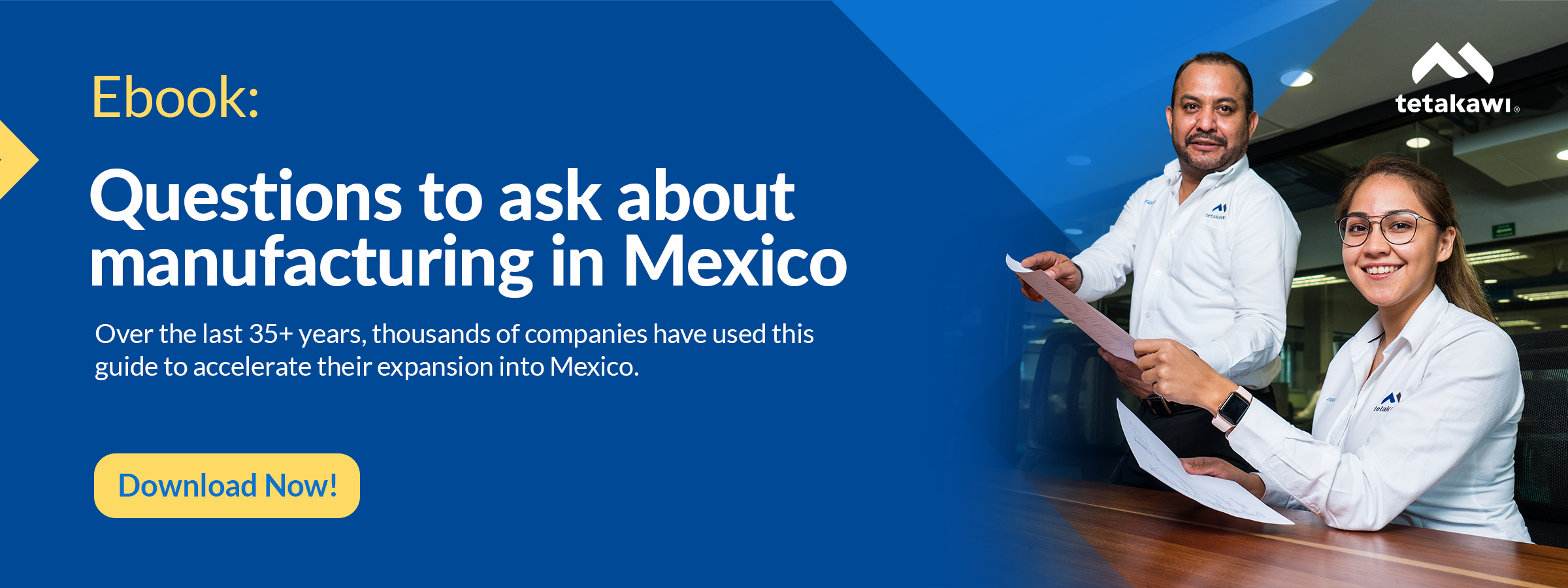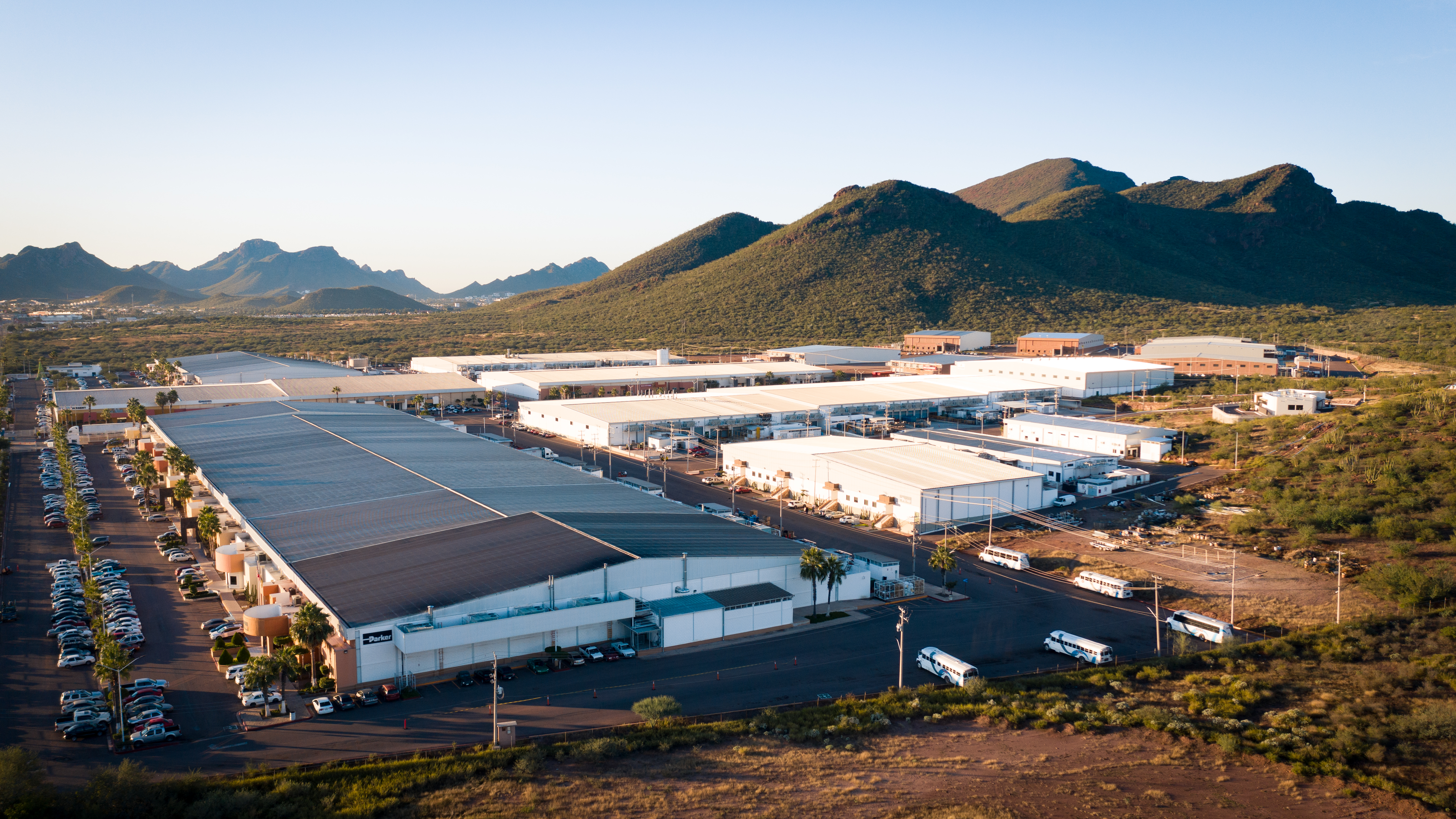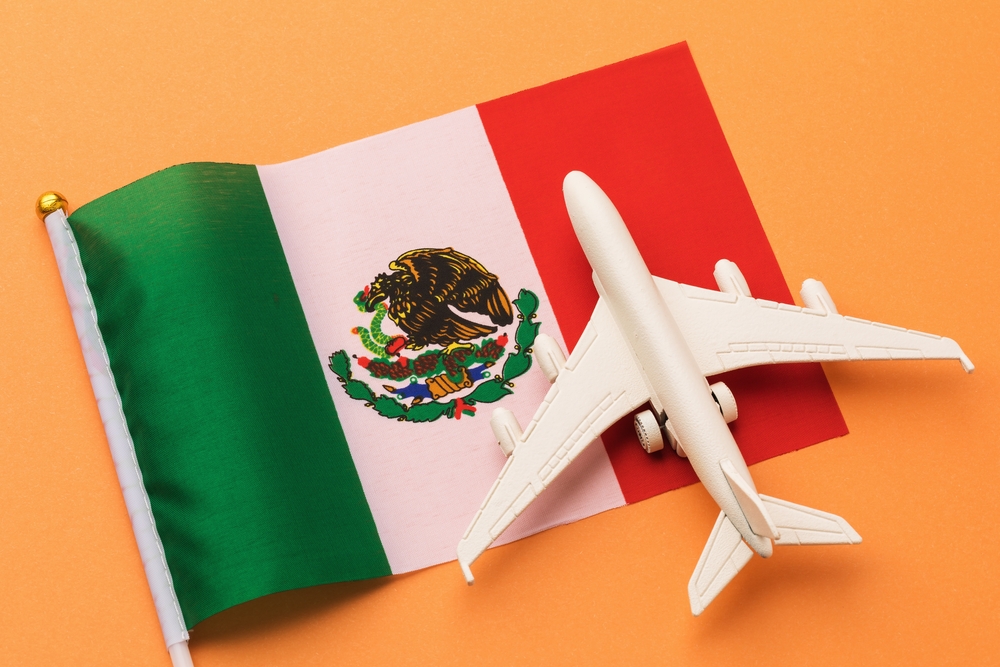A robust and highly skilled workforce in Mexico plays a pivotal role in supporting the aerospace supply chain. As the industry faces unprecedented demand surges, particularly from giants like Boeing and Airbus, Mexico's skilled laborers in regions such as Queretaro and Sonora are essential.
These workers are proficient in manufacturing critical components such as turbine blades and avionics solutions, contributing to the timely completion of aircraft amidst global supply chain disruptions. Supported by specialized training centers like CEFTA in Guaymas and SIAAM in Hermosillo, Mexico's aerospace workforce is adept at meeting stringent quality standards and operational requirements, reinforcing Mexico's position as a competitive hub for aerospace manufacturing.
Supply chain problems in aviation
Indications suggest that a vast array of smaller manufacturers servicing the aviation industry are grappling with significant labor shortages. Two years on from when U.S. aerospace companies let go of 57,000 employees, they are struggling to replenish their workforce. As companies like Boeing Co. prepare for what Bloomberg News describes as the most substantial surge in production in contemporary aviation history, signs of strain are emerging in the aircraft supply chain.
According to Bloomberg, about two-thirds of suppliers surveyed by RBC Capital Markets identify labor shortages as the most significant hurdle to the recovery of the aerospace sector. The Aerodynamics Advisory predicts worker deficits of between 10% to 20%. During the downturn, foundries like Howmet Aerospace Inc. and Precision Castparts Corp., which manufacture jet-engine parts, reduced their workforce by 17% and 40%, respectively.
Raytheon Technologies Corp., a supplier to both Airbus and Boeing, is closely monitoring the shortage of welders among casting companies in its supply chain. As Greg Hayes, Raytheon's CEO, highlighted in the Q4 2021 earnings call, fewer than 100 of the company's 13,000 product suppliers are of concern. However, as he stressed, "it only takes one to miss a shipment."
Many suppliers are now in a tight spot, as former employees have either retired or transitioned to new industries, taking their knowledge and specialized skills with them. While companies like Raytheon are advocating for wage increases to attract labor, finding workers is just one aspect of the issue. Acquiring specialized training, like becoming a precision machinist, is not a process that can be expedited.
Fortunately, there are measures that suppliers can adopt to bolster their labor force and serve aerospace OEMs and Tier 1 suppliers more effectively.
How Mexico labor supports aircraft supply chain
Aircraft suppliers have long found that manufacturing out of Mexico can help address both cost pressures and labor needs. The country has several massive aerospace manufacturing clusters with extensive experience delivering quality components to Boeing, Airbus, and other OEMs through a dense supply chain encompassing all tiers of production.
While Queretaro is well known as a hub of aerospace manufacturing, mainly through the establishment of the Bombardier facility there and that company's support to the Aeronautical University of Queretaro, however, Sonora has quickly grown its reputation for aerospace manufacturing. Today, the state is the second-largest aerospace cluster in the country.
Sonora has been an automotive hub for decades but has since become known for aerospace turbine production. While some of this expertise grew out of the strength of the region's automotive manufacturing infrastructure, the aerospace specialty also owes its roots to Sonora's shared border with Arizona, the fourth largest aerospace cluster in the U.S. This megaregion has created tremendous synergy and opportunity across the two states.
There are now 69 aerospace companies established in Sonora, which together employ more than 20,000 people. However, much of this production is centered in two key locations, Guaymas and Hermosillo.
Aircraft supply chain in Guaymas
Aerospace manufacturing has exploded in the coastal city of Guaymas, Sonora, where costs are comparatively lower than in the capital city of Hermosillo, and companies gain access to deep-sea ports. The coastal city is home to a population of more than 51,000 in the immediate vicinity and a strong educational infrastructure. That includes facilities such as the Advanced Technology Training Center (CEFTA) located within the Roca Fuerte Manufacturing Community. CEFTA provides hands-on opportunities for students to learn the complex machining skills that aerospace component manufacturers need. This training can help manufacturers shorten onboarding time for new laborers.
From the Roca Fuerte Manufacturing Community, Boeing and Airbus suppliers Ducommun Aerostructures, Inc. assembles and paints spoilers, and BAE Systems manufactures avionics solutions. Arizona-based Walbar Engine Components produces turbine engine components for nearly all of the top engine OEMs. This demonstrates the wide breadth of services that can be found in Guaymas.
Aircraft supply chain in Hermosillo
Sonora's capital, Hermosillo, also has a strong aerospace manufacturing presence. In fact, the city is home to the Sonora Institute for Aerospace and Advanced Manufacturing (SIAAM), a specialized training center that has trained technicians to work for the main companies in the aerospace sector. Compared to Guaymas, Hermosillo offers a much larger potential workforce with a population of more than 930,000. The city also offers more real estate for suppliers ready to get to work in as little as 90 days. The Rio Sonora Manufacturing Community is among the newest locations to provide Class A industrial real estate and build-to-suit space.
From Hermosillo, Figeac Aero Mexico performs aircraft metal processing and treatment, and assembly, T.E. Connectivity Aerospace delivers aerospace sensors and electronics, and Latécoère Mexico engineers next-generation lightweight structural assemblies and aerospace fasteners.
Strengthen your global competitiveness
Material procurement remains a persistent challenge in the aircraft supply chain. However, Mexico offers a degree of flexibility in this area as well, potentially easing some of the strain. Thanks to its 14 free trade agreements, Mexico maintains connections with over 50 countries, positioning it as an ideal location for both importing and exporting goods with global partner suppliers. In addition, Mexico provides a cost-effective gateway into the adjacent U.S. market, given the cost savings for North American manufacturing facilitated by the USMCA.
With labor shortages impacting a wide range of industries, manufacturers are urged to consider new, non-traditional business strategies. For many segments of the aircraft supply chain, this could mean seeking out regions where a ready workforce is available, rather than attempting to draw in a workforce that is simply non-existent.
This is where Tetakawi, with its long-standing experience spanning more than three and a half decades, comes into play. Tetakawi has been instrumental in aiding hundreds of aerospace manufacturers to explore the possibilities of expanding their operations into Mexico. Through its comprehensive range of services, Tetakawi can guide these manufacturers through every step of the process, from initial concept to full operation.
Tetakawi offers tailored solutions, including site selection and shelter services. With their deep understanding of the local landscape and manufacturing sector, Tetakawi can help aerospace suppliers unlock the potential of Mexico's labor market and manufacturing capabilities, enabling them to navigate labor shortages and continue to thrive in a competitive global market.
To learn more about how a diversified manufacturing footprint can help your company, contact Tetakawi today.
Subscribe
Sign up and stay informed with tips, updates, and best practices for manufacturing in Mexico.
Table of Contents:
- Supply chain problems in aviation
- How Mexico labor supports aircraft supply chain
- Aircraft supply chain in Guaymas
- Aircraft supply chain in Hermosillo
- Strengthen your global competitiveness






